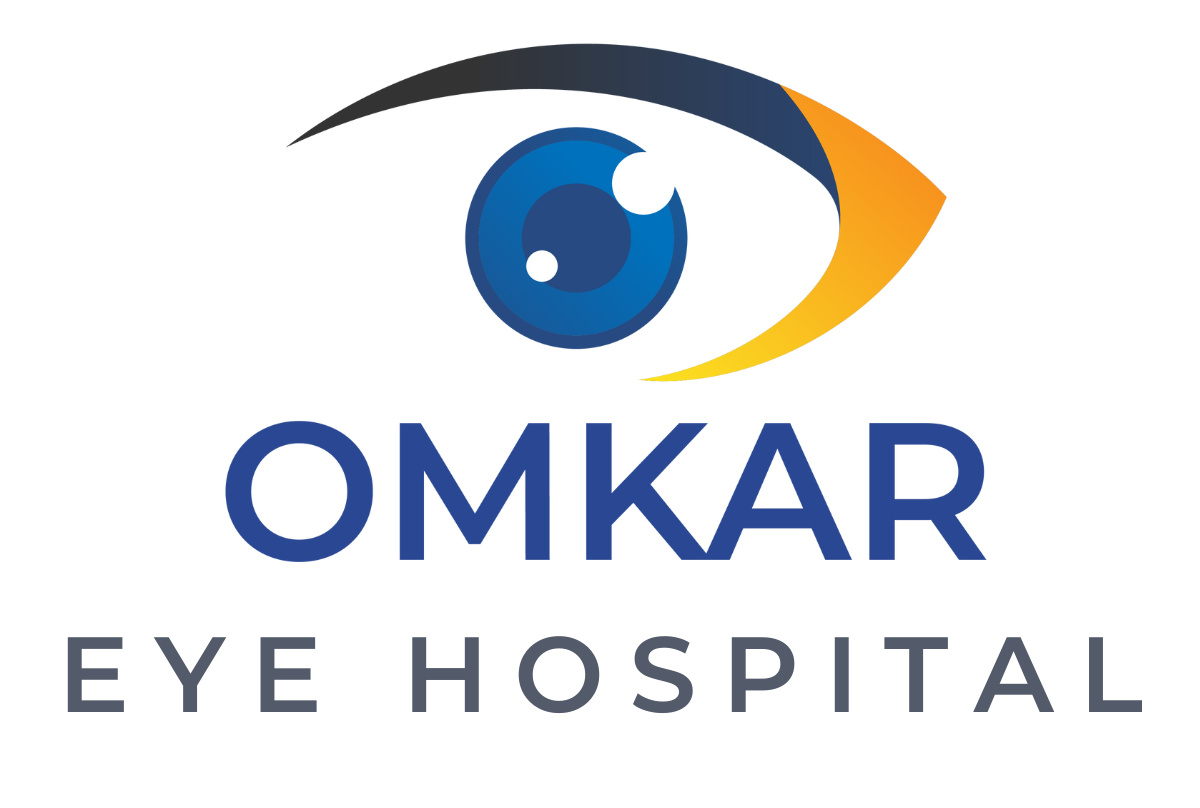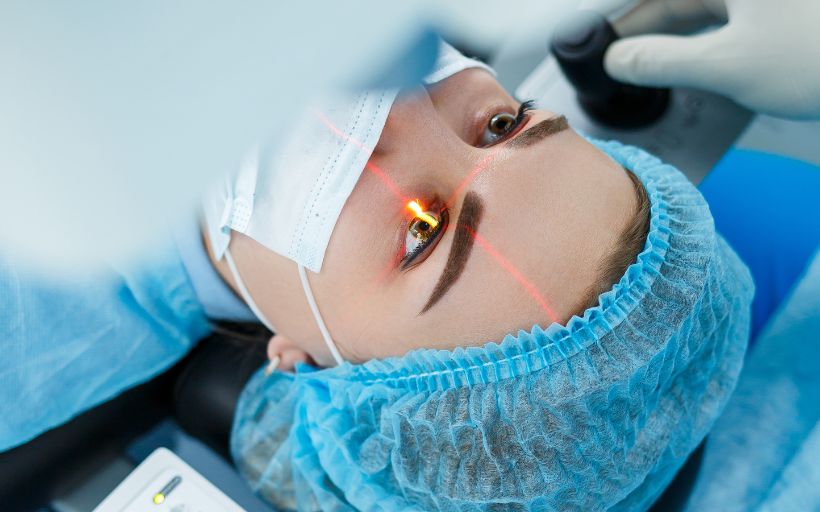Have you noticed your vision becoming cloudy, blurry, or even a bit dim? If you or a loved one is experiencing these symptoms, it could be a sign of cataracts. Cataracts affect millions of people worldwide and are one of the most common causes of vision problems, especially as we age. The good news is that cataract surgery is a safe and effective way to restore your vision, and you can access excellent treatment options.
Recognizing Cataract Symptoms
The tricky thing about cataracts is that they develop gradually. You might not even notice the symptoms until they start affecting your daily life. Here are some key signs to look out for:
- Blurry or Cloudy Vision: Colors may seem dull or washed out, and your vision might appear foggy.
- Difficulty Seeing at Night: Many people with cataracts find it challenging to drive or see clearly in low-light conditions.
- Sensitivity to Light: Bright lights might feel too intense, and glare from headlights can be especially bothersome.
- Double Vision: Some people with cataracts may experience double vision in one eye.
- Frequent Changes in Glasses Prescription: If you find yourself needing new glasses often, it could be a sign that cataracts are affecting your vision.
If any of these symptoms sound familiar, it’s worth scheduling an eye exam. Early detection is important to manage cataracts before they seriously impact your quality of life.
What Happens During Cataract Surgery?
Cataract surgery is one of the most common surgeries performed worldwide, and it’s incredibly safe. The procedure involves removing the cloudy lens from your eye and replacing it with a clear, artificial lens. The surgery itself typically takes less than 30 minutes and is usually done on an outpatient basis, meaning you can go home the same day.
Here’s a quick rundown of what to expect:
- Preparation: Your eye will be numbed with drops, and you’ll be awake but comfortable during the procedure.
- Lens Removal: A tiny incision is made in your eye, and the surgeon uses ultrasound waves to break up the cloudy lens, which is then gently removed.
- Lens Replacement: A clear, artificial lens is inserted in its place. This new lens improves your vision and lasts a lifetime, and most people do not experience any complications with their lenses after the surgery.
Most people notice an improvement in their vision within a few days of surgery. Some even describe their post-surgery vision as clearer and sharper than it’s been in years!
Cost of Cataract Surgery in Chinchwad
Now, let’s talk about the practical side of things—cataract surgery costs. The price of the procedure can vary depending on a few factors, including the type of artificial lens you choose and whether or not your insurance covers the surgery.
Cataract surgery costs vary per eye. The lower end of the range typically covers standard surgery with a basic lens, while the higher end may include premium lenses that offer additional benefits like correcting vision for both distance and near sight.
It's important to consult with your doctor about which lens option is best for your needs and budget. Many eye clinics also offer flexible payment plans to make the procedure more affordable.
Why Delay? Restore Your Vision Today
Living with cataracts can feel like your world is slowly dimming, but cataract surgery can bring your vision back into focus. If you're dealing with cataract symptoms, getting treatment early can make all the difference. It’s not just about seeing more clearly; it’s about living more fully.
Ready to get your vision back? Schedule a consultation with our expert Omkar Eye Hospital for cataract surgery.


